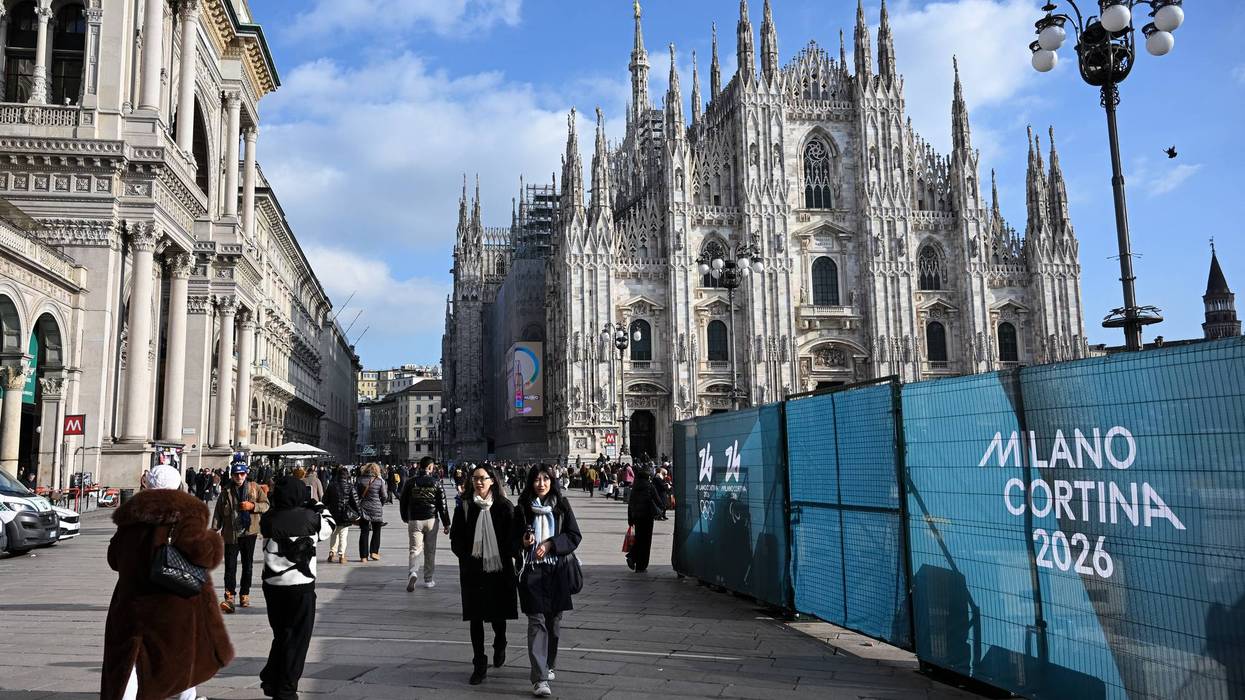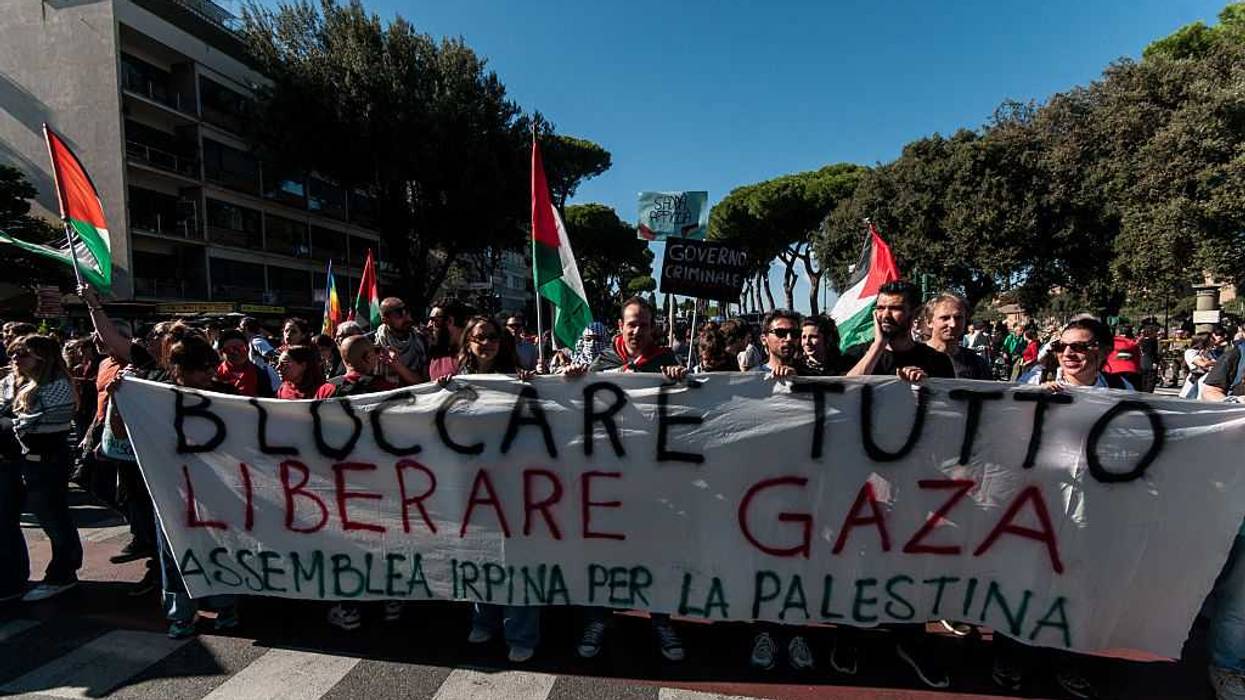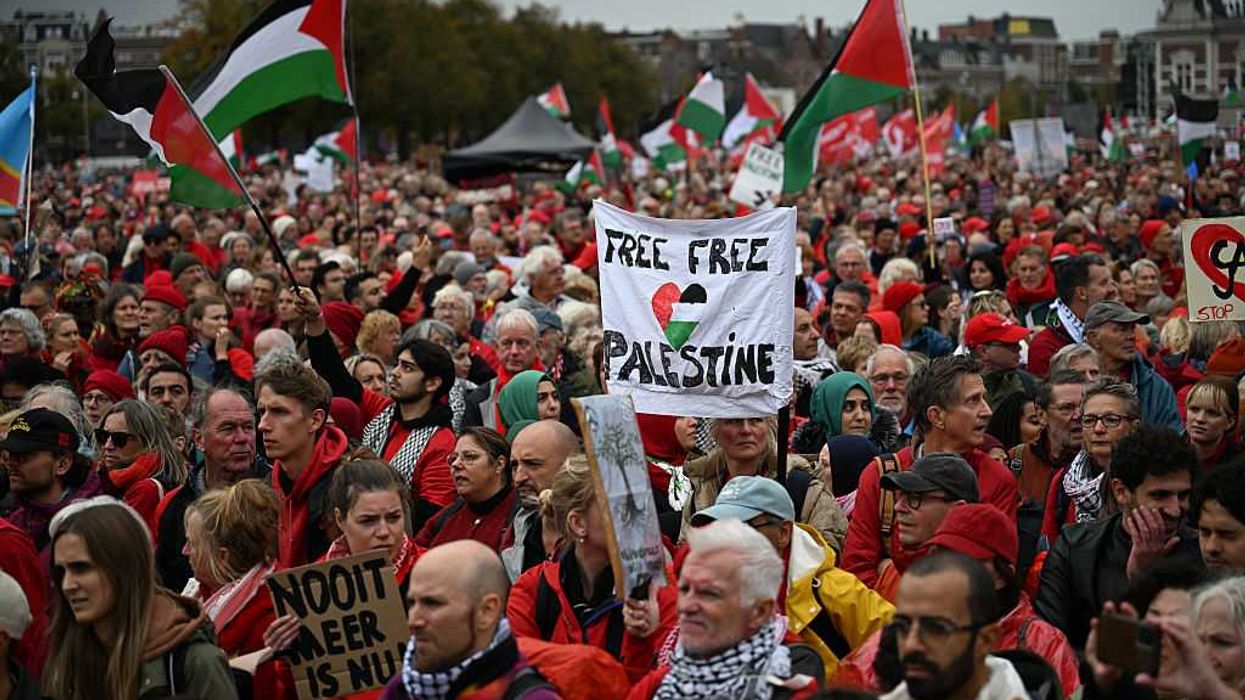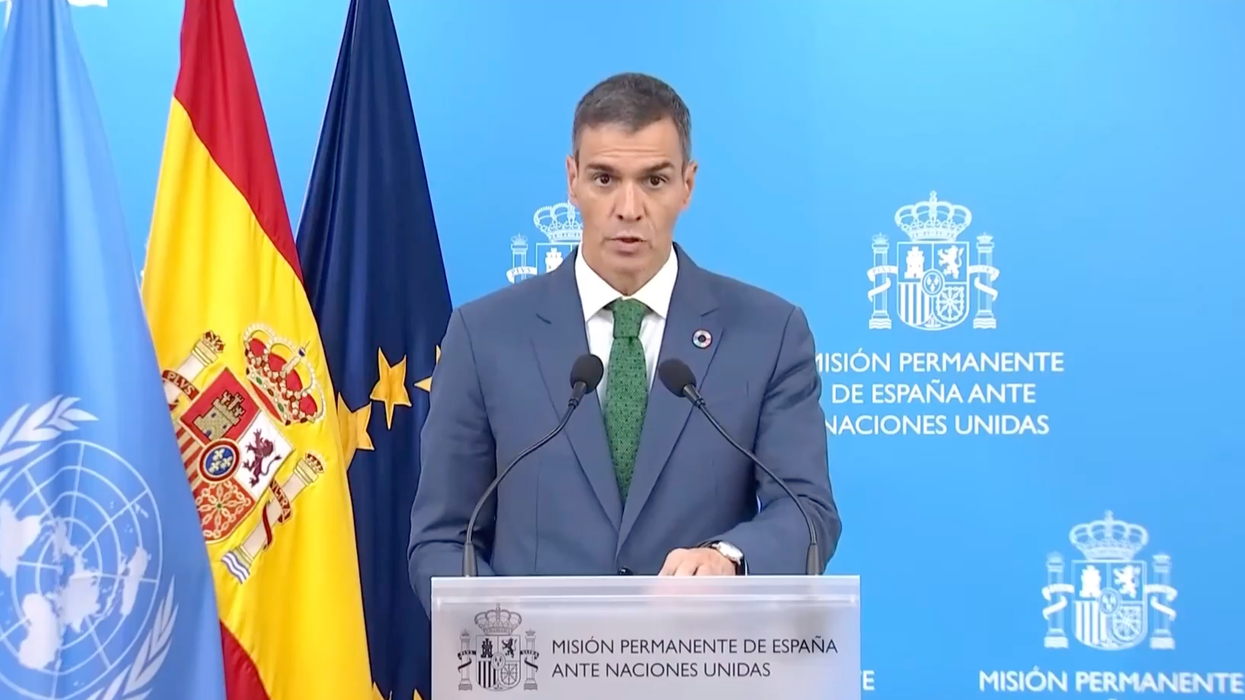'This Is a Militia That Kills': Milan Mayor Decries ICE Involvement in Winter Olympics Security
“Can’t we just say no to Trump for once?" asked Mayor Giuseppe Sala.
The mayor of Milan, which is set to host the 2026 Winter Olympics starting February 6, was not convinced Tuesday by assurances that US immigration officials fulfilling security duties at the games will only be providing protections for top US officials.
US Immigration and Customs Enforcement (ICE) agents, said Giuseppe Sala, "are not welcome in Milan, there’s no doubt about it."
Sala's comments came after the US Embassy in Rome confirmed an official statement from ICE saying that federal officers are scheduled to provide "diplomatic security" during the Milan Cortina games—days after US immigration agents fatally shot Alex Pretti, the third US citizen killed by employees of the Department of Homeland Security in less than four weeks.
ICE has also garnered international outrage with its detention of people without criminal records even as President Donald Trump's administration continues to claim it is working to deport the "worst of the worst violent criminals," and particularly its abduction of young children including 5-year-old Liam Ramos, 7-year-old Diana Crespo, and 2-year-old Chloe Renata Tipan Villacis.
Two Italian journalists were also threatened by ICE agents on Sunday while they were reporting on immigration enforcement in Minneapolis, with the officers telling them, "This is your only warning, if you keep following us, we will break your window and we will pull you out of the vehicle.” Filming and observing ICE agents, as long as one is not interfering with their operations, is a protected right under the US Constitution.
ICE told Al Jazeera that "obviously, ICE does not conduct immigration enforcement operations in foreign countries,” but Sala suggested that it was not entirely obvious that officers with the agency would not perpetrate violence at the Olympics.
Officers with ICE, he told RTL 102.5 radio, "don’t guarantee they’re aligned with our democratic security management methods."
“This is a militia that kills,” he added. “Can’t we just say no to Trump for once?"
ICE told Agence France-Presse that ICE's Homeland Security Investigations (HSI) department will be "supporting the US Department of State’s Diplomatic Security Service and host nation to vet and mitigate risks from transnational criminal organisations."
“All security operations remain under Italian authority," said the agency.
If mitigating risks is the goal, said Alessandro Zan, a member of European Party representing Italy's Democratic Party, "it's paradoxical to entrust it to those who are the first to commit crimes, operating with violence, and killing innocents in cold blood."
"In Italy, we don't want those who trample human rights and act outside any democratic control," said Zan. "It's unacceptable to think that an agency of this kind could have a role, whatever it may be, in our country."
HSI typically investigates "the illegal movement of people, goods, money, contraband, weapons, and sensitive technology into, out of, and through the United States," according to its website.
The Associated Press reported that HSI is among the federal agencies that have helped provide security for US officials at previous Olympic games.
In Milan, the US delegation attending the February 6 opening ceremony will be led by Vice President JD Vance, along with Second Lady Usha Vance and Secretary of State Marco Rubio.
Sala told RTL that the city "can take care of their security ourselves. We don’t need ICE.”
Renew Europe, a centrist group within European Parliament, added that it is "not acceptable" for ICE officers to be welcomed in Milan as the agency carries out a violent immigration crackdown across the US.
The Green and Left Alliance (AVS) and Azione, two Italian opposition parties that counter the right-wing government, have started petitions calling on officials to bar any agents with ICE from involvement with security operations at the Milan Cortina games.
La Repubblica reported that the Italian government considered blocking ICE from attending the games as part of the security detail, but declined to do so.
Prime Minister Giorgia Meloni, said Zan, "should clearly state what is happening and provide guarantees that Trump’s political police will not set foot in our country."



